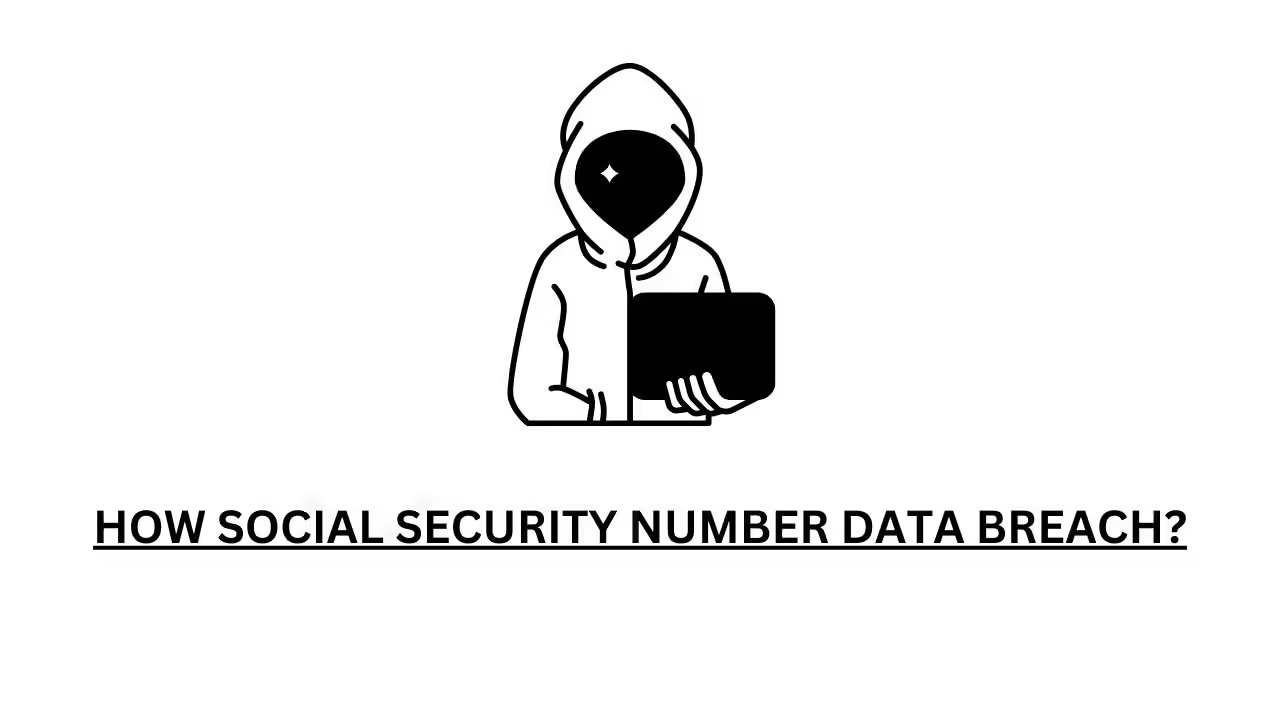The recent social security number data breach has been one of the most significant in recent years, exposing the sensitive information of billions of individuals. Hackers managed to infiltrate databases and leak over 2.7 billion records, including Social Security numbers, names, addresses, and other personal details. This breach has raised substantial concerns about data privacy and the effectiveness of current security measures.
How Did the Breach Occur?
The breach was a result of vulnerabilities in the systems of data brokers and other organizations holding vast amounts of personal information. These companies often collect and aggregate data from various sources, making them prime targets for cyberattacks. The compromised data was reportedly sold on the dark web, further exacerbating the potential for identity theft and fraud.
Impact on Individuals and Businesses
The implications of this breach are far-reaching. For individuals, the exposure of Social Security numbers can lead to identity theft, financial fraud, and other personal security risks. For businesses, the breach undermines customer trust and can result in significant financial losses due to legal liabilities and the cost of mitigating the breach’s effects.
Preventive Measures and Best Practices
While the breach highlights a systemic issue that requires regulatory intervention, there are steps both individuals and businesses can take to protect themselves:
- Monitor Financial Accounts: Regularly check bank statements and credit reports for any unusual activity.
- Credit Freezes: Placing a freeze on your credit can prevent new accounts from being opened in your name.
- Use Strong Passwords: Employ complex passwords and change them regularly to enhance security.
- Two-Factor Authentication: Enable two-factor authentication for an extra layer of security on your online accounts.
Regulatory Responses and the Need for Stronger Measures
The breach has sparked calls for more robust data protection regulations. Experts argue that data brokers should be mandated to inform individuals when their information is collected and allow them to modify or delete it. Additionally, there is a need for stricter penalties for companies that fail to protect personal data adequately.
FAQs
Q: What should I do if my Social Security number was exposed? A: Immediately monitor your financial accounts, consider placing a credit freeze, and report any suspicious activity to the relevant authorities.
Q: How can businesses better protect customer data? A: Businesses should implement advanced encryption methods, conduct regular security audits, and adhere to best practices in data management and storage.
Q: Are there legal consequences for companies involved in the breach? A: Yes, companies may face legal action from affected individuals and regulatory fines for failing to protect personal data.
The recent social security number data breach serves as a stark reminder of the importance of data security. Both individuals and organizations must stay vigilant and proactive in protecting sensitive information to mitigate the risks associated with such breaches



